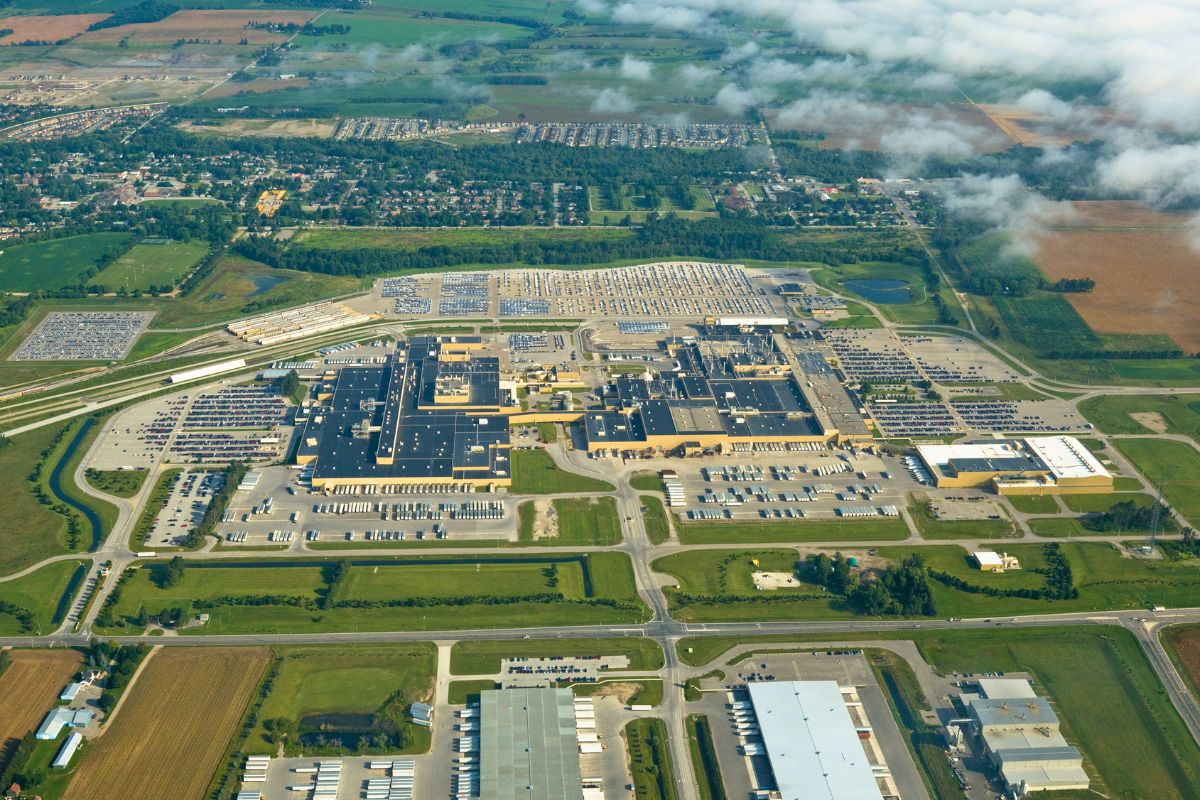This decentralisation of talent has been enabled by economic shifts, post-pandemic working habits and digital-first business models, opening the door for new tech clusters to form and flourish.
Lisbon, Warsaw, Bangkok and Toronto are notable examples. Each has built (or is building) its own, distinct ecosystem that attracts startups and supports them with the infrastructure, people and networks they need to grow. From affordable living and government incentives to world-class universities and quality of life, these cities are becoming magnets for global tech talent.
Lisbon: Europe’s sunny startup sanctuary
Lisbon has transformed into one of Europe's fastest-growing tech hubs, luring international startups and digital nomads. The city now boasts over 2,500 startups, supported by initiatives like the Startup Visa and tax incentives for R&D activities. It has already produced several unicorns, including OutSystems and Farfetch.
Lisbon’s appeal goes beyond business incentives. One of the sunniest European capitals, it offers a high quality of life, relatively low cost of living and a vibrant, multicultural scene. For employers, that translates into better retention and a wider international talent pool, and with remote and hybrid work now standard in many sectors, Lisbon has become a viable base for distributed teams or satellite offices.
Warsaw: Eastern Europe’s tech beacon
Warsaw is Poland’s primary technology hub and a rising force in Central and Eastern Europe. With over 260 tech firms based in the city, it’s especially strong in fintech, health-tech and deep-tech.
Its highly-educated, multilingual workforce and strong STEM education system give Warsaw a competitive edge, and while operational costs remain low compared to Western Europe, Polish tech teams continue to deliver complex, high-quality work - fast. All this makes Warsaw a strong value proposition for employers seeking cost efficiency and engineering excellence.
According to a 2025 report by IT company PWR Teams, companies can expect 30–50% savings on developer costs in Poland (depending on the role and skill level) measured against salaries in Benelux, the UK, or the USA, with standards of output and code comparable to Western Europe.
This combination has drawn in multinationals and helped incubate domestic scale-ups, with employers able to tap into a strong candidate pool with excellent proficiency in English and increasingly international career aspirations.
Bangkok: Southeast Asia’s digital dynamo
Bangkok is rapidly positioning itself as Southeast Asia’s next big tech destination. With over 13,000 startups, strong government backing through the “Thailand 4.0” initiative, and dedicated tech spaces like True Digital Park, the city is taking off.
Bangkok excels in digital and human connectivity. The city’s infrastructure, regional footprint and improving English education make it a springboard into the broader Association of Southeast Asian Nations market. Its workforce is young, entrepreneurial and increasingly engaged with global startup and developer communities.
Located in Bangkok’s CyberTech District, True Digital Park (TDPK) plays a significant role in this ecosystem. Southeast Asia's largest tech and startup hub, it’s a hotbed of entrepreneurs, investors, startups and employees. With its long-term residency options, startup support and a strong network of investors, it's well-placed to grow businesses in Thailand and beyond.

Toronto: North America’s rising tech titan
Toronto has grown into one of the North American continent’s leading tech talent hubs. It created over 60,000 tech jobs over the two-year period of 2020 and 2021 - a 37% growth - and is now the third largest tech hub in North America, with 289,000 technology workers.
The city’s strengths include world-class universities, a rich history in AI research and favourable policies like the Global Talent Stream - an immigration pathway for specialist STEM professionals that makes it easier for Canadian employers to hire foreign workers when Canadians aren't available for high-demand roles.
Major tech firms, from Google to Shopify, have scaled up in Toronto, and the city is now home to a mix of corporate HQs, agile startups and research labs. The thriving and competitive recruitment market means employers must offer compelling packages and clear career paths, but they’re rewarded with access to a broad and deep tech talent pool, from data scientists to software engineers.
The hiring angle: a more distributed future
What does this global shift mean for hiring and workforce management? First, it’s clear that access to top tech talent is no longer limited to a few postcode-defined powerhouses. Skilled candidates are working from Lisbon cafés, Warsaw co-working spaces, Bangkok startup incubators and Toronto research centres—and employers are learning how to meet them there.
For recruitment teams, this means adopting more regional strategies. Employer branding must be locally resonant. Salary benchmarking needs to reflect varied costs of living. Job specs may need to be adapted for language, visa eligibility or remote/hybrid compatibility.
For workforce planning, companies need to ask: where should we hire next? Which hubs offer the skills we need, at the right scale and cost? How can we build teams that blend local talent with global capability?
As the tech industry continues to globalise, these emerging hubs show how innovation and ambition can thrive outside the usual centres. They offer quality of life, vibrant ecosystems and deepening talent pools. For hiring managers and recruiters, they offer new frontiers, where the right mix of opportunity and infrastructure is creating fertile ground for the next generation of breakthrough companies.
Insights

Gearing up to be greener: sustainable manufacturing in automotive 🌍
As environmental pressures increase and regulations tighten, automotive OEMS are accelerating the shift toward sustainable manufacturing. This holistic strategy isn’t only about producing “greener” vehicles; it’s about cleaner, smarter, more circular production practices.

When a car can be hacked: the evolution of cybersecurity roles in automotive
What does it mean for cybersecurity when a car becomes an extension of the internet?

Quality Control is getting smarter. What does that mean for talent?
For years, quality control was viewed as a labour-intensive, repetitive process, but AI and computer vision is making quality inspection faster, more accurate and increasingly automated.

Subscribe to our LinkedIn Newsletter, TechTalent, for news and opinions from the frontline of tech recruitment.
